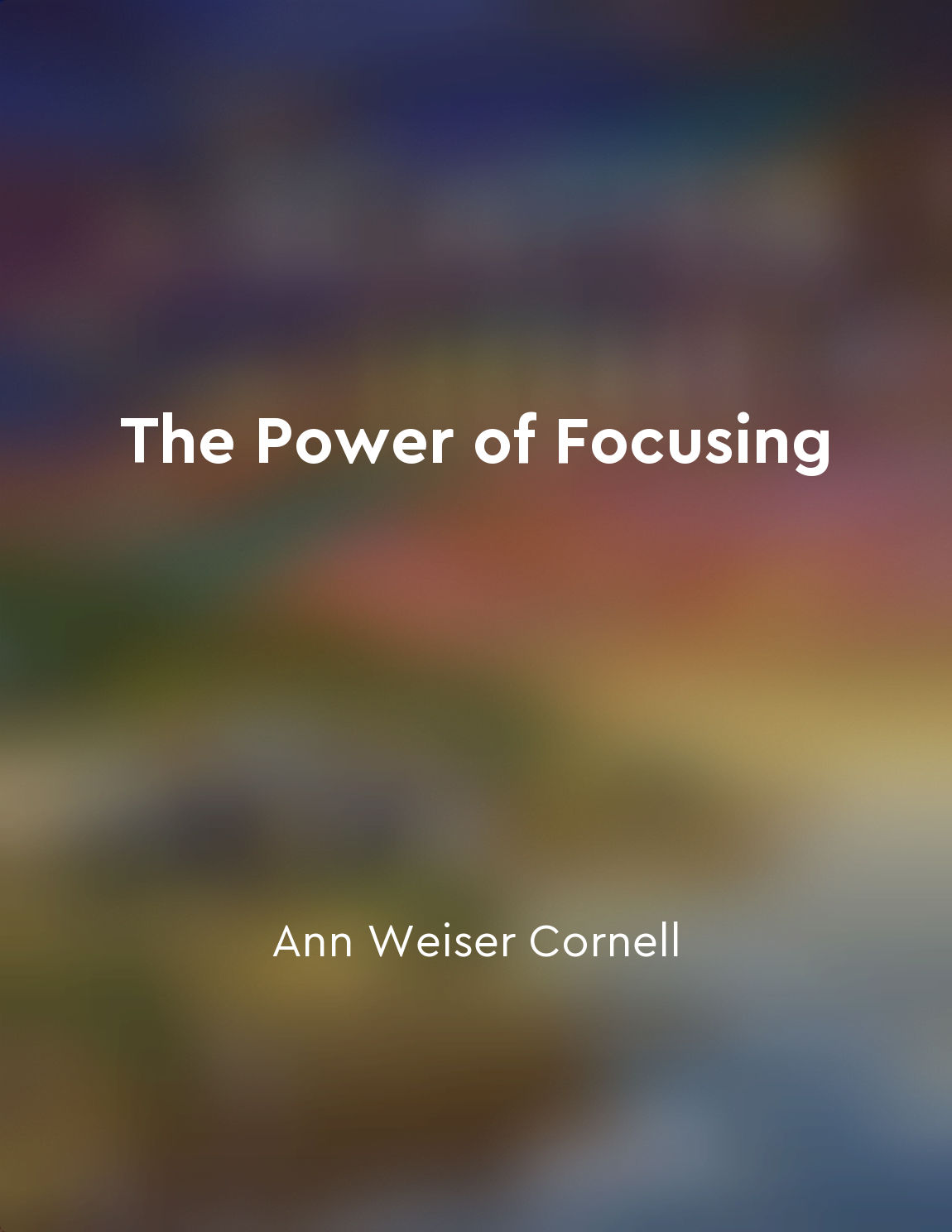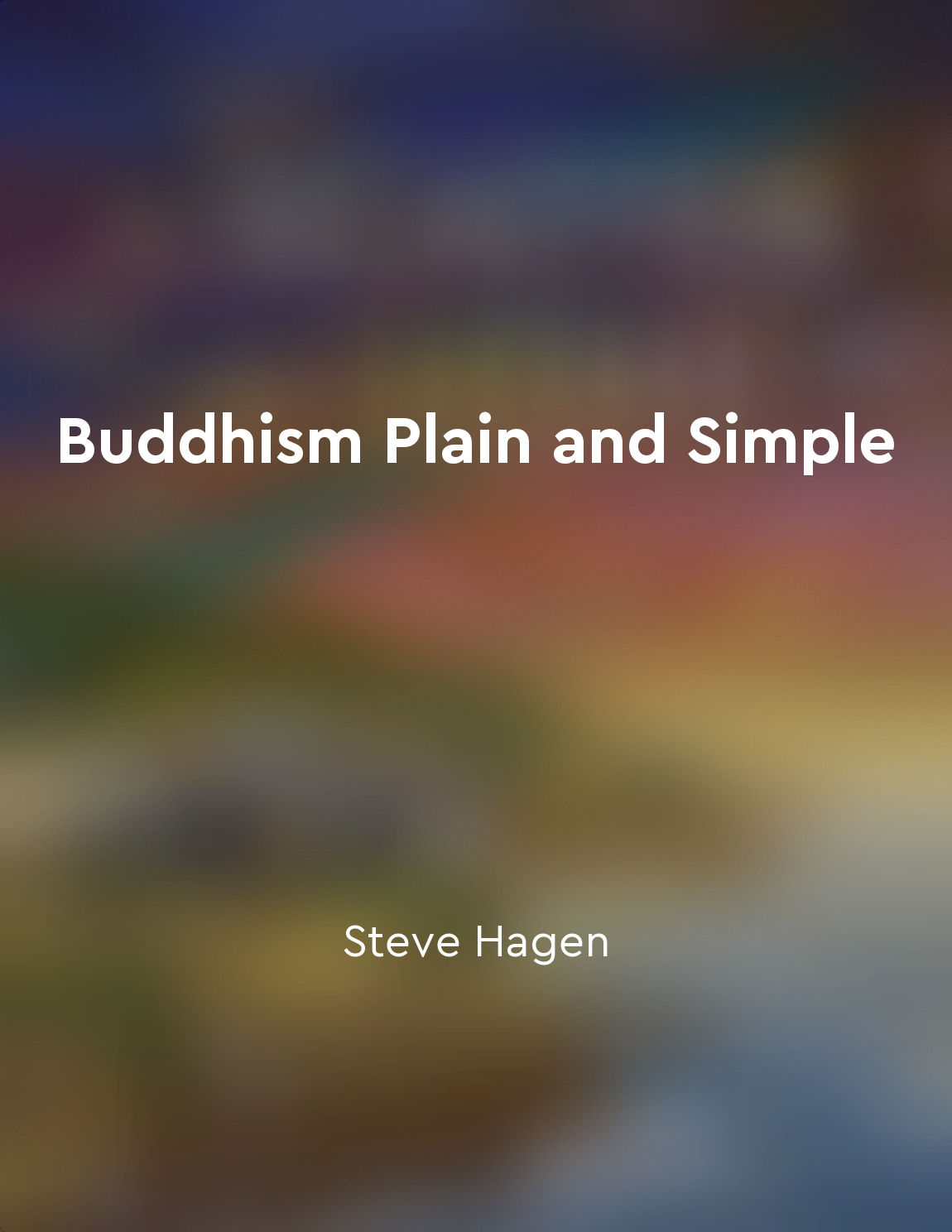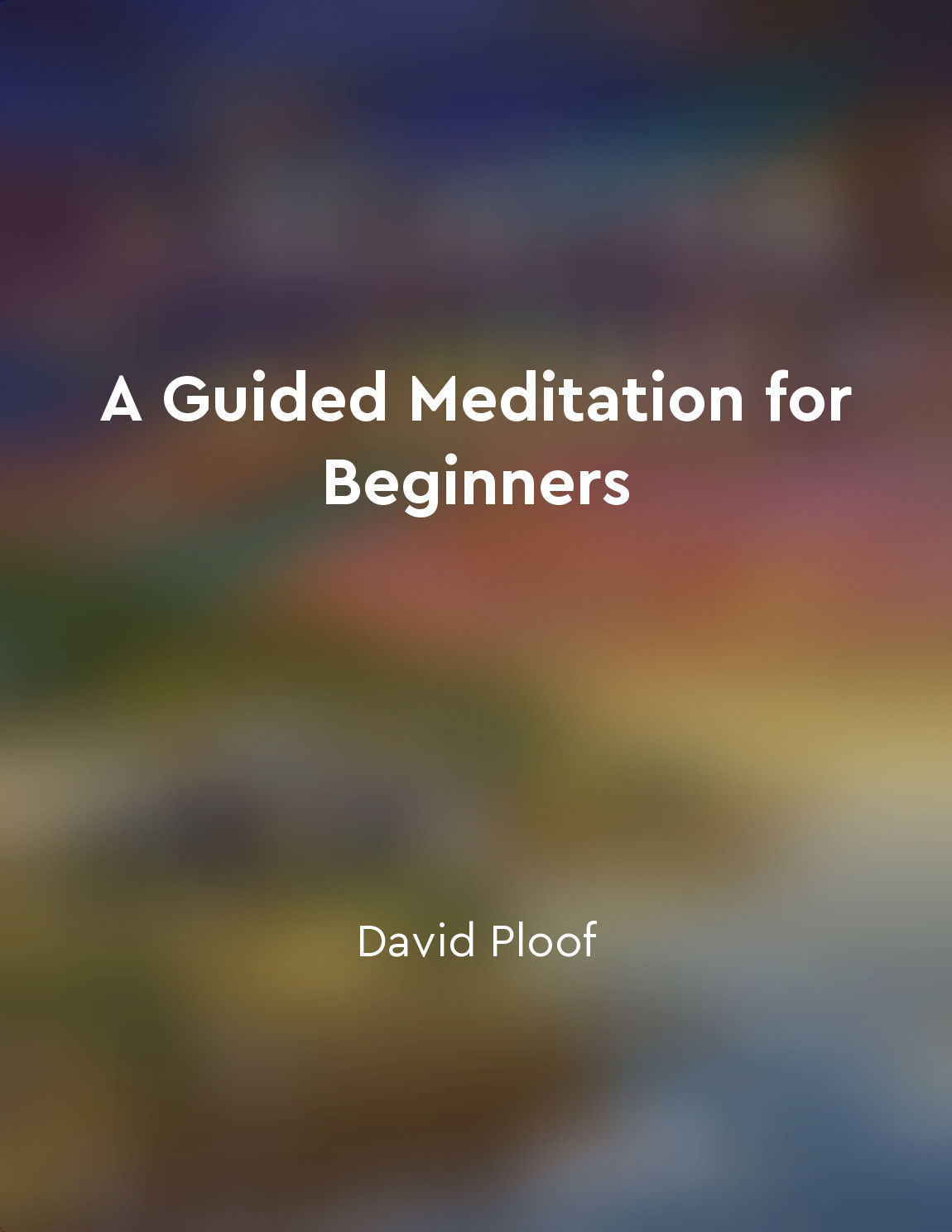Finding a quiet and comfortable space from "summary" of A Guided Meditation for Beginners by David Ploof
To begin your meditation practice, it is important to create a conducive environment that allows you to focus and relax. One key aspect of this is finding a quiet and comfortable space where you can be free from distractions. This space could be a room in your home, a corner of a park, or any other place where you feel at ease. When selecting a location for your meditation practice, consider factors such as noise levels, lighting, and temperature. Ideally, you want to choose a space that is quiet, well-lit, and at a comfortable temperature. This will help you to relax and focus on your practice without being disturbed by external factors. In addition to physical comfort, it is also important to create a mental space that is calm and peaceful. This may involve decluttering your mind of any distractions or worries that could interfere with your practice. You can do this by taking a few deep breaths and focusing on the present moment. Once you have found your quiet and comfortable space, take a moment to settle into it. Sit or lie down in a position that feels natural and relaxed. Close your eyes and take a few deep breaths, allowing yourself to let go of any tension or stress. As you begin your meditation practice, remember that the goal is not to eliminate all thoughts from your mind, but rather to observe them without judgment. If you find your mind wandering, gently guide your attention back to your breath or a specific point of focus. By finding a quiet and comfortable space for your meditation practice, you are setting yourself up for success. This environment will help you to relax, focus, and connect with your inner self. So take the time to create a space that nurtures your practice and allows you to experience the many benefits of meditation.Similar Posts

Practicing compassion and empathy
Compassion and empathy are the essential qualities that help us connect with others on a deeper level. It involves putting ours...
It can be a form of selfcare
Engaging in mindfulness practices can be a powerful way to take care of ourselves, to nourish our own well-being. It is a form ...
Accepting things as they are leads to inner peace
When we resist the way things are, when we fight against reality, we create inner turmoil. This resistance can manifest as stre...

Mindfulness helps you cultivate a nonjudgmental attitude towards yourself and others
When we practice mindfulness, we learn to observe our thoughts and feelings without getting caught up in them. This allows us t...

Practice empathy and understanding
When we talk about empathy and understanding, we are essentially talking about the ability to put ourselves in someone else's s...
Practice selflove and acceptance
To live a life of fulfillment and abundance, it is essential to cultivate self-love and acceptance. This means embracing all as...
Seek inner peace through acceptance of death
The idea of accepting death as a means to find inner peace lies at the heart of Zen philosophy. This concept challenges us to c...

Making space for discomfort and uncertainty is part of the focusing journey
In the process of focusing, we often encounter discomfort and uncertainty. It is natural to want to push these feelings away, t...

Silence the mind to find inner peace
When we sit down to meditate, we're not trying to make anything happen. We're simply sitting and paying attention to what's goi...

Letting go of attachment to outcomes can reduce suffering
When we become fixated on a specific outcome, we set ourselves up for disappointment and suffering. This attachment to a partic...

